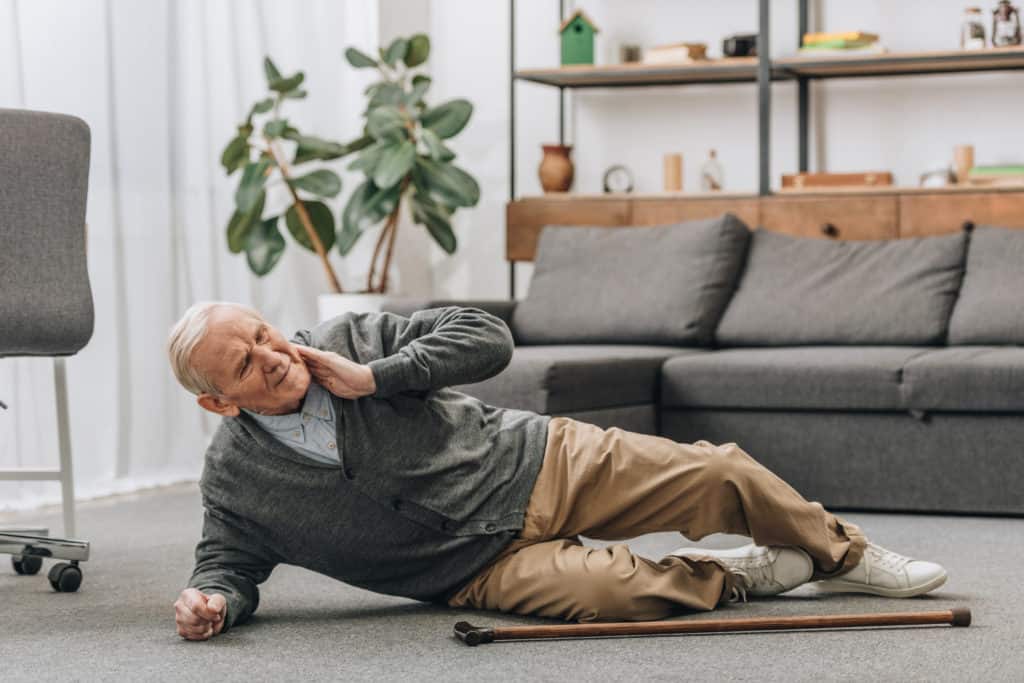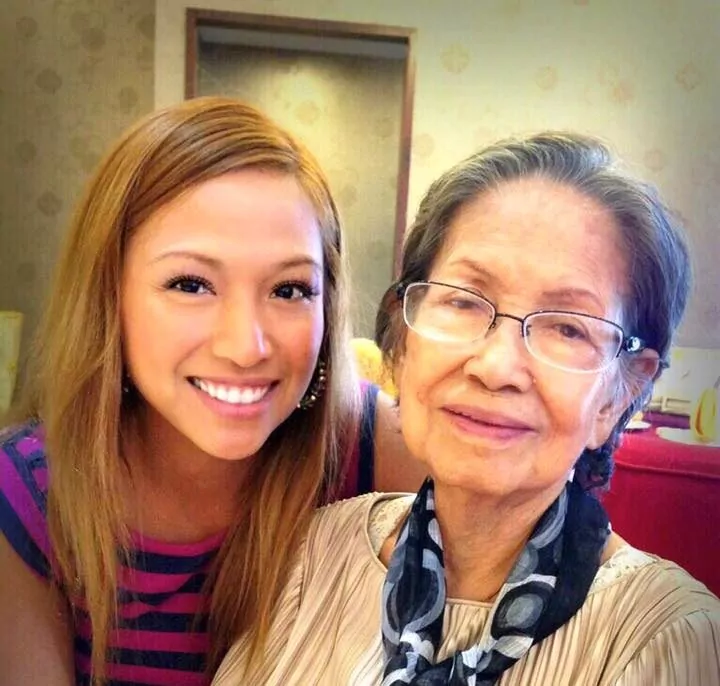Did you know that per CDC, over 800,000 patients each year are hospitalized because of a fall injury? At least 1 out of 4 older adults aged 65 and over fall each year. If the fall death rates in the US continue to rise, we can anticipate about 7 fall deaths every hour by 2030.
What can happen after a fall? 1 out of 5 falls can cause a serious injury, especially for the elderly.
- Falls can cause broken bones, including hip fractures.
- Falls can cause head injuries, which is a common cause of a traumatic brain injury in seniors.
- Falls can cause trauma to seniors. They become so afraid of falling so they lessen their daily activities. This is the reason why seniors tend to be less active after a fall.
How can we prevent falls in older adults?
As we get older, our health condition changes, including our physical abilities, which make falls more likely. Here are some fall prevention tips to keep in mind:
- Consult your physician for an evaluation.
Find out if you are a fall-risk. First, bring a list of medications and supplements you are taking. Your physician can review your medications for possible side effects. Second, be sure to let your doctor know if you’ve fallen before. Give the details of the fall as it will help your doctor identify what caused the fall and ways on how to prevent falls in the future. Lastly, discuss your current health conditions including vision, balance, muscle strength, etc.
- Have your eyes checked.
Having a regular eye exam is important, at least once a year so you can update your glasses. Poor vision can increase your risk of falling.
- Well-equipped lighting throughout the house.
Install brighter light bulbs when needed and put night lights in bedrooms, bathrooms, hallways and stairways for better guidance.
- Incorporate Exercise in your daily activities.
Exercise is a good way to prevent falls in older adults. There are several exercises that can help improve your strength, flexibility, coordination and balance. Walking regularly helps strengthen your legs and lower body. Stretching your muscles and joints can help improve balance. Be sure to consult your doctor to find out what exercises are safe for you.
- Avoid clutter in your home.
Look around and inspect your home for any hazards. It is important to make your home safer by removing clutter throughout your house, especially things that you could trip over.
- Install safety devices throughout the house.
-
- Install grab bars in the shower and next to the toilet.
- Put non-slip mats in the tub or shower.
- It would be a good idea to put a bath seat so you can sit while showering.
- Put railings on both sides of the stairs.
- Wear proper shoes.
Be sure to use properly-fitting, non-skid and sturdy shoes. Avoid high heels. Most of us love to wear socks because they are very comfortable, but it can be slippery. If you’d like to wear socks, be sure to use non-slip socks.
Remember, falls can be prevented. Be sure to make your elderly loved one’s home safer. If you feel that your elderly loved one is no longer safe at home, you may want to start exploring Assisted Living options in your area.
For Free Expert Senior Care Guidance, including Assisted Living options, call 877-523-6523 or fill-out this form to get a Free list of Assisted Living places with availability and pricing information.
Catharine “Kate” is a Certified Administrator for Residential Care Facilities for the Elderly (RCFE) and an Expert Senior Care Advisor. Kate’s grandmother battled Alzheimer’s Disease and Kate personally understands what millions of families are going through. Kate and her team are very passionate in empowering Seniors and their families by providing them with the Best Available Senior Care Options based on Senior’s care needs, preferred location and family’s budget.



